Teaching
For several years, I have been teaching technical subjects at technical schools, focusing on electrical and electromechanical areas.
My specialization includes electrical engineering, electromechanical engineering, control systems, physics, and thermodynamics. I also oversee the professional practice requirements for final-year students.
Subjects Taught at Escuela Técnica N°3 de Alte. Brown
Thermodynamics and Thermal Machines
This course covers thermodynamics as a branch of physics, including calorimetry, heat and work equivalence, equations of state, the first and second laws of thermodynamics, and applications of thermal machines. It also includes the mechanics of internal combustion engines, combustion theory, and efficiency in engines, along with principles of rotating machinery and compressors.
Industrial Electronics
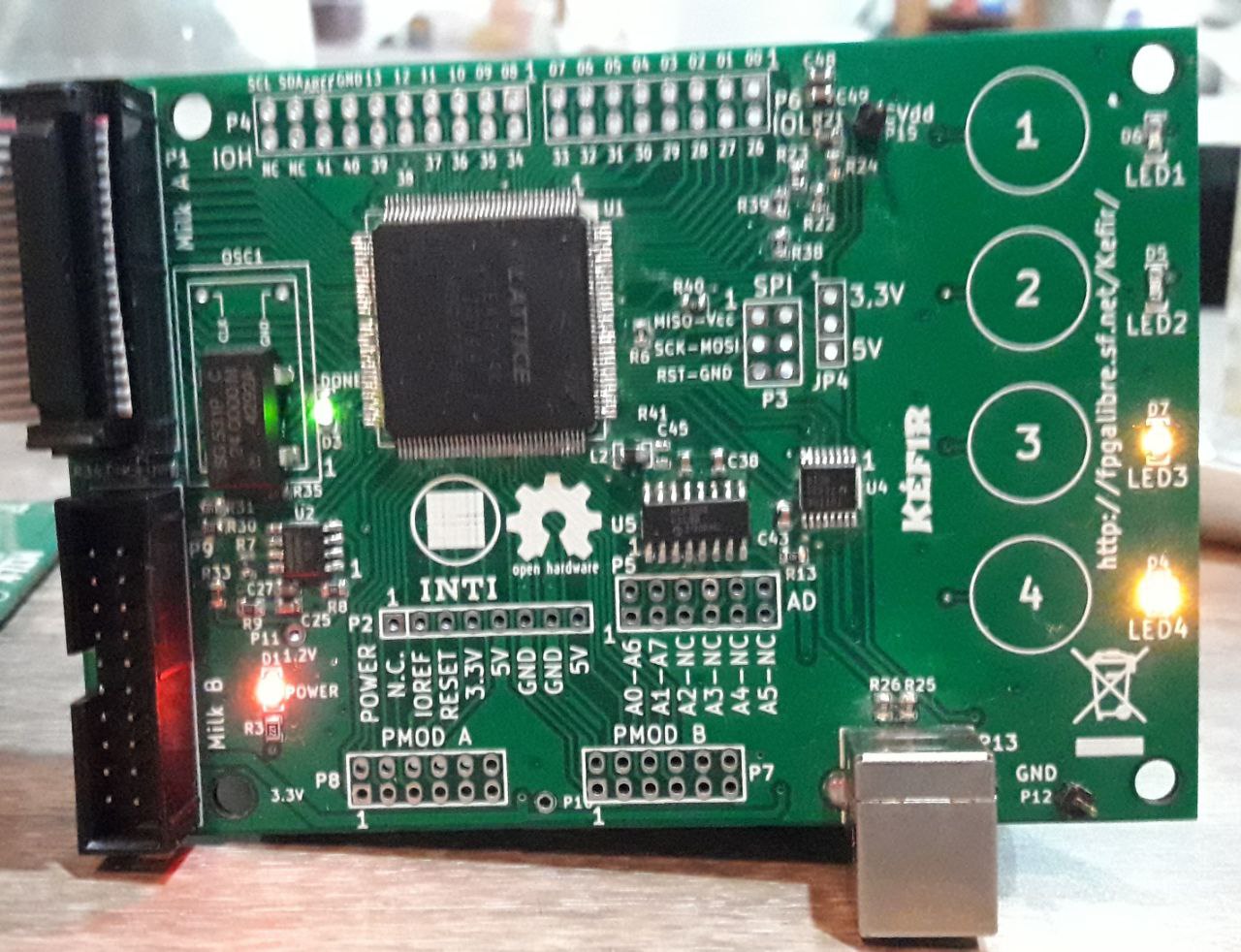
This course focuses on semiconductor materials, covering concepts like the P-N junction, diode characteristics, and applications in power electronics. Boolean Algebra and Logic Gates. It includes AC/DC conversion, regulators, and integrated circuits. Additionally, it covers bipolar and field-effect transistors, operational amplifiers, waveform generators, thyristors, and their industrial applications.
Control Systems
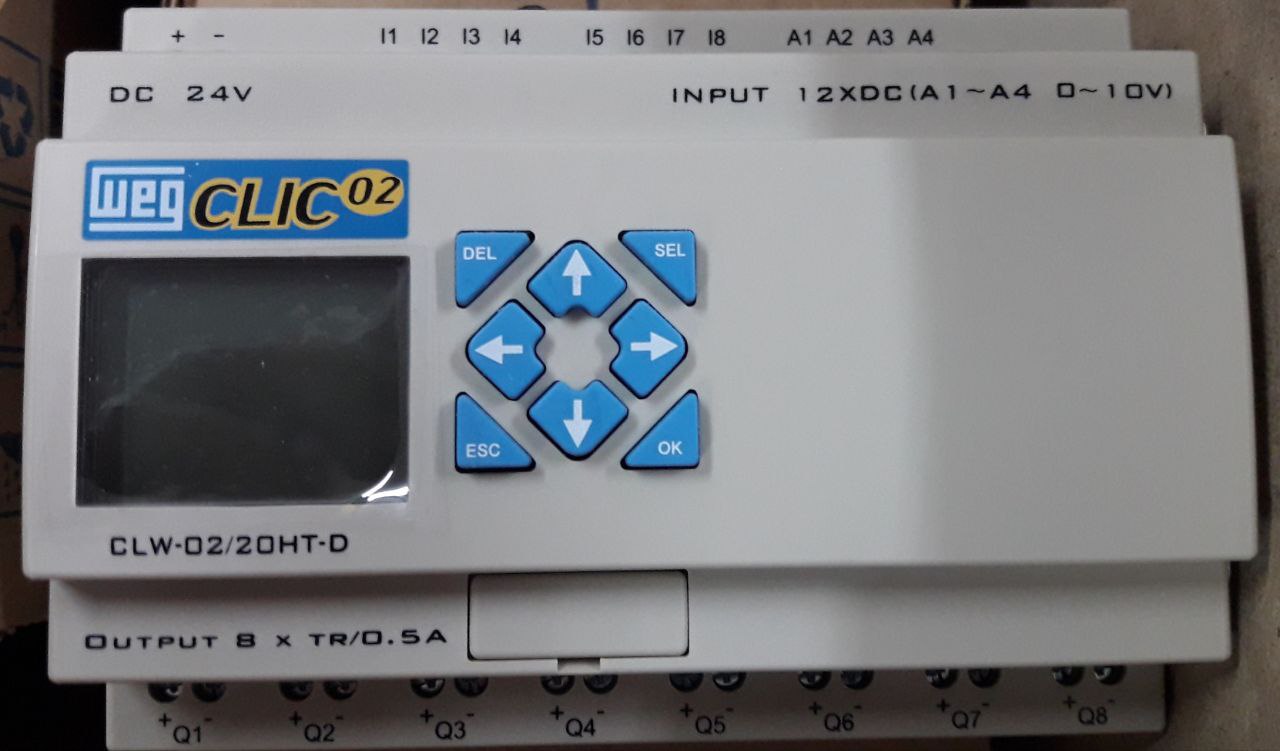 This course explores the historical evolution and principles of industrial automation and control systems. It covers types and classifications of control systems, their components (sensors, controllers, actuators), feedback mechanisms, and analog/digital control. Topics include control variables, deviation, control strategies, and design parameters. It also addresses block diagram representation, ladder programming, PLC, Laplace transforms, instrumentation characteristics, and communication protocols in control systems.
This course explores the historical evolution and principles of industrial automation and control systems. It covers types and classifications of control systems, their components (sensors, controllers, actuators), feedback mechanisms, and analog/digital control. Topics include control variables, deviation, control strategies, and design parameters. It also addresses block diagram representation, ladder programming, PLC, Laplace transforms, instrumentation characteristics, and communication protocols in control systems.
Professional Internships
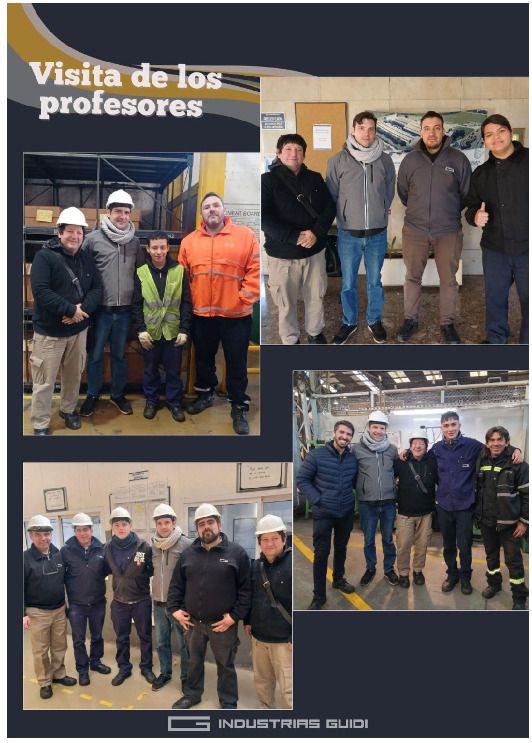
Professional internships are integral to the curriculum, designed to enhance students' professional capabilities in alignment with their career profiles. These internships, organized by educational institutions, immerse students in real-world work scenarios to apply and expand their knowledge of socio-productive processes. They aim to bridge educational and professional realms, foster community engagement, and prepare students for transitions into higher education and the workforce. The objectives include critical reflection on future professional roles, handling uncertainty and ethical dilemmas, integrating theoretical learning into practical contexts, and fostering respect for workplace standards and worker rights. These internships are pivotal in shaping well-rounded professionals within Technical and Vocational Education, emphasizing hands-on learning and professional integration.
Subject Taught at Escuela Técnica N°4 de Alte. Brown
Physics
The Physics curriculum at Escuela Técnica N°4 de Alte. Brown encompasses a comprehensive exploration of fundamental concepts and applications. Topics include mechanical energy, covering aspects of kinematics and dynamics, as well as energy transformations. Thermal energy is studied in terms of heat and temperature, including principles of calorimetry and the thermal behavior of liquids and solids. Fluid mechanics introduces the laws of hydrostatics and pneumatics, while electric energy delves into electrostatic fields, dielectrics, electric currents, and magnetic interactions. The course also covers electromagnetic phenomena, including the electromagnetic spectrum, wavelengths, interference, diffraction, and polarization.
Optics is a significant component, addressing the propagation of light, principles of reflection and refraction, and the properties and applications of lenses and mirrors. Topics related to acoustics explore the propagation and distribution of sound waves, principles of sound intensity, isolation techniques, absorption, reflection, reverberation, and the Doppler effect. Throughout the course, students are encouraged to critically evaluate the environmental and social impacts of technological energy usage and reflect on the responsible utilization of natural resources.
Upon completion of the course, students are expected to integrate physics terminology into everyday language to describe natural and technological phenomena. They should be able to use physics concepts and procedures to argue and explain natural or artificial phenomena, interpret scientific texts related to physics in various formats and genres, and produce appropriate scientific texts for different communicative purposes such as justifying, arguing, explaining, and describing. Furthermore, they are equipped to apply physics concepts, models, and procedures to solve qualitative and quantitative problems related to the thematic areas covered.
Subject Taught at Escuela Técnica N°1 de Longchamps
Electronic Communications
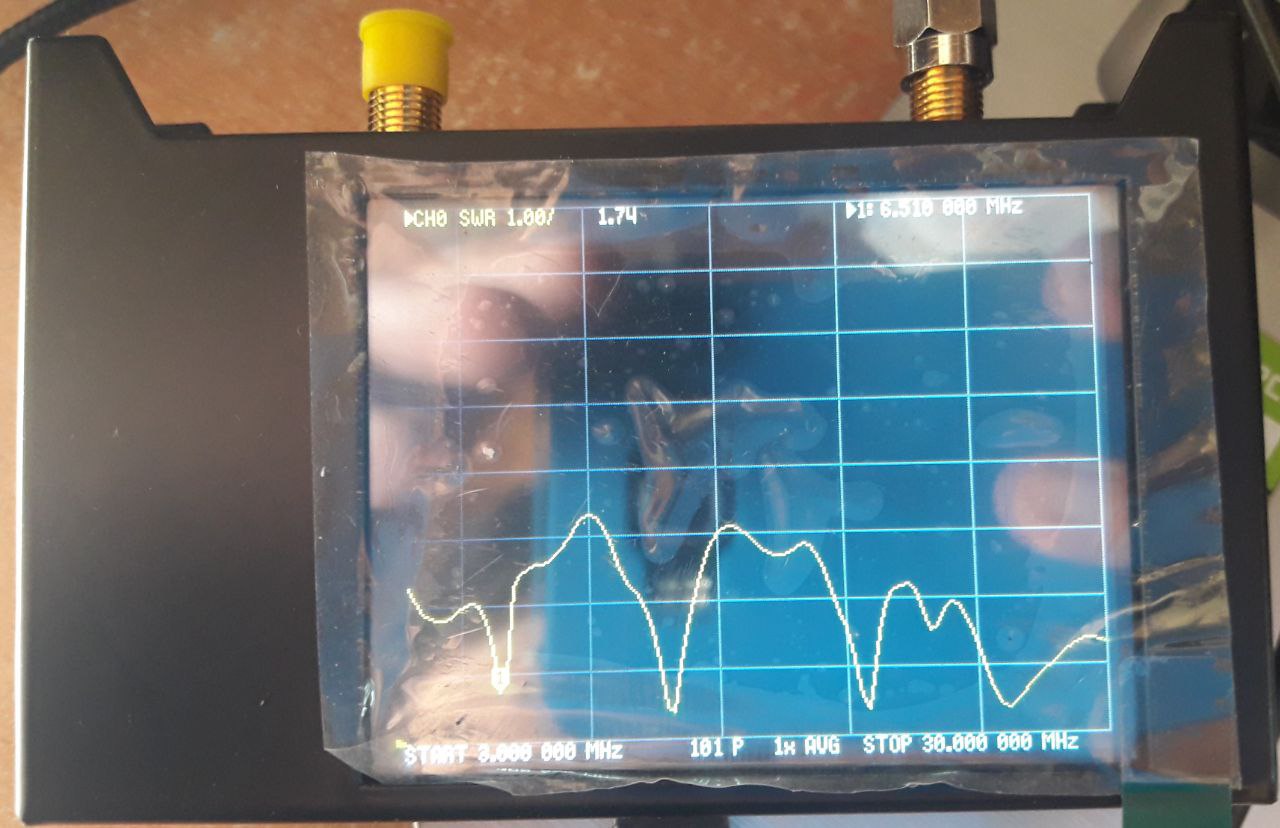
"Electronic Communications" focuses on advanced principles and practical skills essential for modern digital communication systems. The course emphasizes hands-on learning in measuring, adjusting, and troubleshooting digital communication equipment in classroom and laboratory settings.
Students develop a comprehensive understanding of signal digitization processes and their significance in contemporary telecommunications. They learn to install and configure network systems using various physical media, mastering both baseband and passband technologies.
The curriculum covers TCP/IP data networks, including routing, packetization, IP telephony, and OSI models. Students gain proficiency in structured cabling, optical fibers, splicing techniques, reflectometry, and bandwidth characteristics. They explore digital baseband signaling, GSM systems, sampling theorem, AD/DA conversion methods (double ramp, successive approximation, flash, sigma delta), and message encoding (line codes).
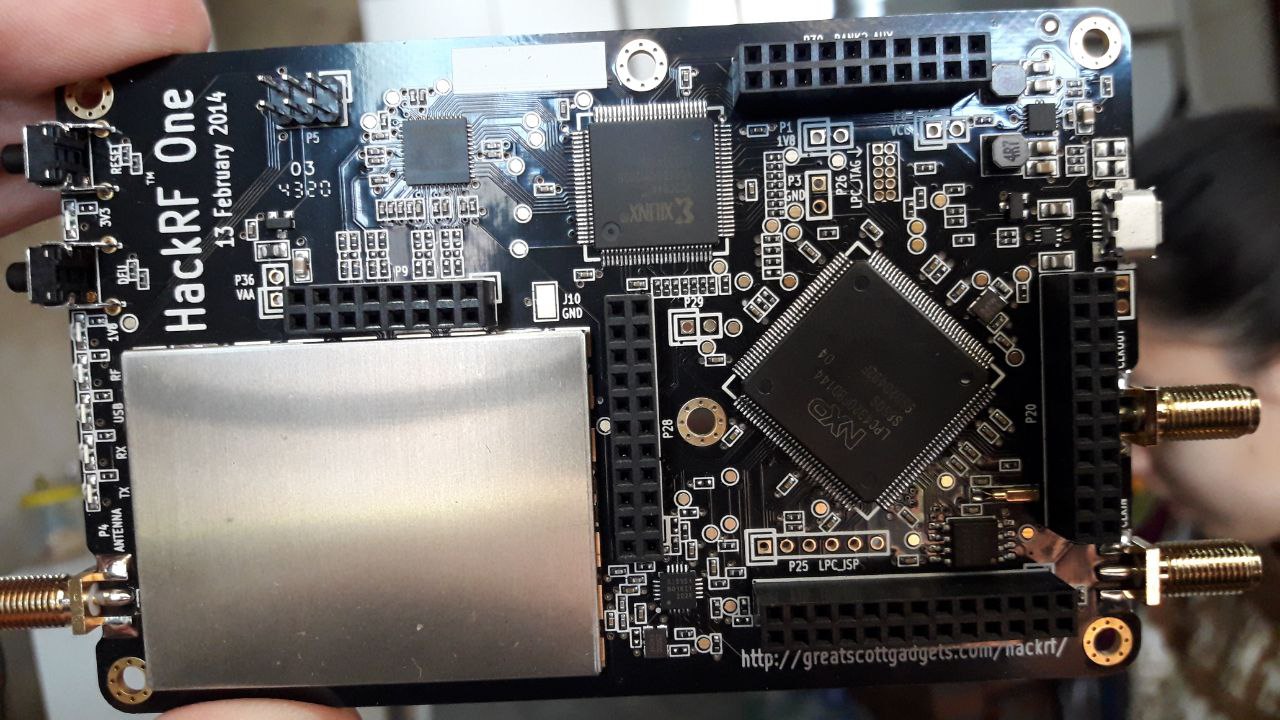 Advanced topics include baseband signal detection, noise theory, statistical probability in noise problems, and digital modulation techniques such as ASK, BPSK, FSK, QPSK, 8QPSK, QAM, and OFDM. The course also introduces students to antennas, transmission lines, and radiation patterns, covering reflection concepts, wave coefficients, and signal classifications (power signals vs energy signals).
Advanced topics include baseband signal detection, noise theory, statistical probability in noise problems, and digital modulation techniques such as ASK, BPSK, FSK, QPSK, 8QPSK, QAM, and OFDM. The course also introduces students to antennas, transmission lines, and radiation patterns, covering reflection concepts, wave coefficients, and signal classifications (power signals vs energy signals).
Subject Taught at Escuela Secundaria N°20 de Alte. Brown
Physics
The Physics curriculum for 5th-year students at Escuela Secundaria 20 de Alte. Brown covers a comprehensive range of topics focused on electrical and magnetic forces, current effects, electromagnetic phenomena, and light propagation.
Students delve into fundamental concepts such as electric forces and how materials interact with electricity, magnetic forces and their effects on materials, electrical conduction in both solids and liquids, circuit theory and analysis, and the practical applications of electric currents. They also explore electromagnetic interactions including induction principles, the operation of motors and generators, and the nature of electromagnetic fields and waves.
The curriculum further includes the study of geometric optics, covering the behavior of light as it travels through various media, and the practical applications of waveguides and optical fibers in modern communication systems. This structured approach equips students with a deep understanding of physical principles and their real-world applications, preparing them for further studies and careers in science and technology.
Subject Taught at Instituto Tecnológico San Bonifacio
Electric Machines

The Electric Machines curriculum at Instituto Tecnológico San Bonifacio focuses on acquiring, evaluating, valorizing, systematizing, and transferring information related to the principles of operation of electric machines.
Students will acquire and update knowledge in the areas of science and technology, applying them to understand the functioning principles of Electric Machines. They will also learn the appropriate technological language and apply this knowledge to operate, repair, and design electric machines.
Specific techniques used in the field of Electric Machines will be covered, with critical evaluation of their own work methodology. Emphasis is placed on acting autonomously and responsibly, planning processes based on result prediction, and executing tasks orderly, responsibly, and rigorously.
Environmental respect and the assessment of human action and its technological impact on the environment are integral parts of the curriculum. The practical application of theoretical principles, rational evaluation of information from various sources, and specific content areas such as single-phase transformers, vector diagrams, reduced quantities, equivalent circuits, tests, parallel connection, autotransformers, three-phase transformer connections, windings of rotating machines, alternating and rotating fields, polyphase induction machines, equivalent circuits, power and torque, starting methods, speed variation, single-phase induction motors, synchronous generators, operating curves, synchronous machine power, transient conditions, short circuits, synchronization, parallel operation, excitation systems, synchronous motors, characteristic curves, starting methods, DC machines, excitation, commutation, DC generators, characteristic curves, special DC and AC motors are extensively covered.
Subject Taught at Escuela Técnica N°1 de Esteban Echeverría
Technological Systems
"Technological Systems" explores the fundamental concepts related to technological objects, actions, design processes, and energy sources.
The course begins by examining the concept of a technological object, encompassing tools, instrumental objects, living organisms as technological objects, organizations, social services, banking, commerce, art, money, legal and political systems, and technological actions. It explores how these elements integrate into societal frameworks and impact daily life.
The focus then shifts to technological actions, covering the self-process of technological objects, services, waste management, operational matrices, human labor, transformations, integration, transportation, storage, process representation through diagrams, and the design of production processes.
Design processes are central to the course, emphasizing the creation of artificial solutions within specific contexts and constraints. It covers problem-solving approaches, technological projects, requirements specification, prototype design, validation, verification, product engineering, production, and quality control.
Lastly, the subject addresses renewable and non-renewable energy sources, including petroleum, coal, natural gas, nuclear, hydroelectric, wind, solar, and geothermal energies. It discusses their classification, primary and secondary characteristics, environmental impacts, and conventional vs. non-conventional distinctions.